5 Do’s & Don’ts for Preventing Scaffolding Accidents
The right training and continuous alertness are crucial to guarantee scaffolding safety where you install scaffolding in Sydney, Melbourne, Brisbane, Perth or anywhere in the word.
There are different kinds of hazards that you need to prevent and they are:
- Electrocution by overhead lines
- Falling tools and debris
- Overloading
- Falling from heights
- Scaffolding collapse
Scaffold Inspection
- Do ensure a certified individual inspects the foundation of scaffolding to check whether the scaffold is rightly anchored to and sufficiently supports the structure. Make sure that the person performs the required inspections of the ground around the structure and makes sure that all the nuts and bolts are tightened on a regular basis so that workers can work with complete peace of mind. A well organized structure of scaffolding must require while working at height safely.
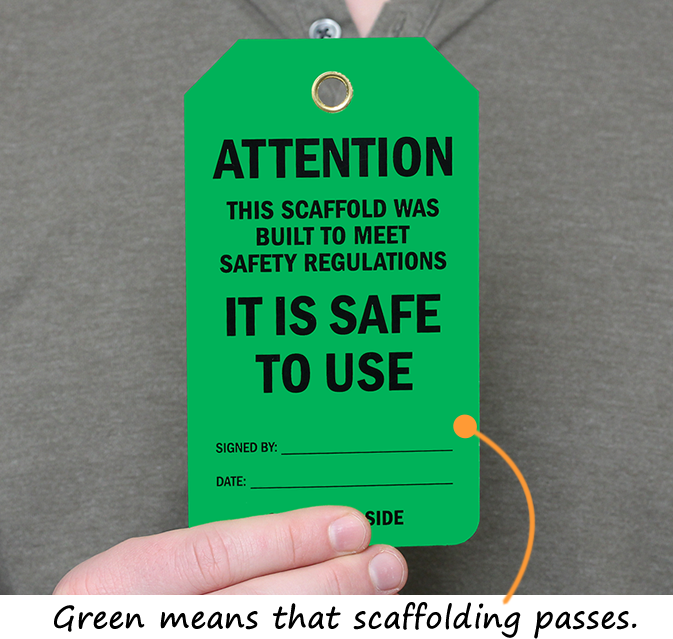
- Don’t take for granted that the foundation is safe always. Heavy work performed using the scaffolds can cause deterioration.
Overhead Lines
- Do follow all safety guidelines connected to electricity lines. It is imperative to strictly follow national safety guidelines concerning overhead power lines because electrocutions occur in just a matter of seconds. Scaffolds should never be moved within the minimum clearance of working or exposed energy lines, which supervisors need to ensure. To monitor the clearance and to ensure it remains safe, always a worker needs to have a fellow team member on hand. In any kind of electrical emergency, always contact electrician from Melbourne, Sydney or from your near by location.
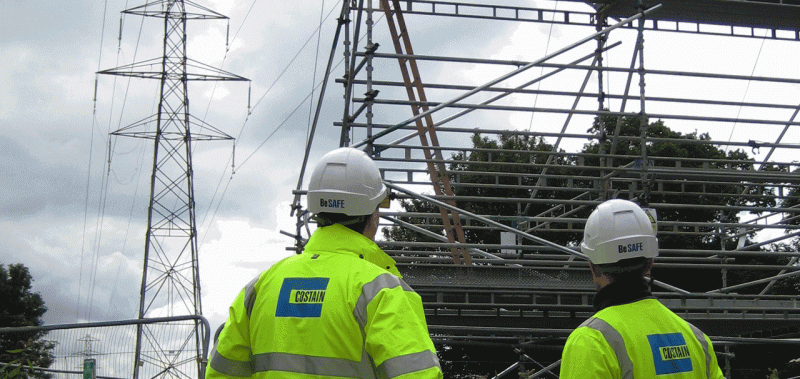
- Don’t ever try getting a bit nearer to the lines. Almost 30% of deaths are because of electrocutions out of the scaffolding deaths that happen annually. Without consulting the requisite authorities, never move the structure and don’t disregard the safety practice for these particular jobs.
Fall Protection
- Do wear a fall arrest system or full body harness when you are on the scaffolding. Ensure that a lanyard or shock absorbing lifeline is attached to anchors. They are intended to keep workers safe from falling and slipping. They are there for a reason so use them. You may be exceptionally adept at navigating your way all through a scaffolding matrix; however, still chances are there that you could misstep or a simple slip of the hand could cause you to fall or miss a bar. Remain harnessed and always move gradually and cautiously. It’s better to remain safe than be sorry.
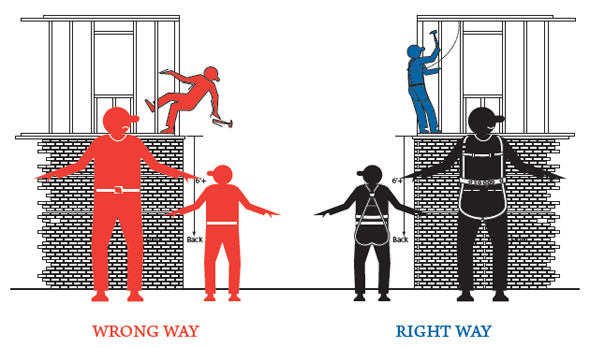
- Don’t presume going up a storey is not a big deal and that you don’t require a body system or harness. Without fall protection, you should never work on a scaffold.
Head & Foot Protection
- Do always wear a durable and strong hat. It’s not right to think that tools or construction rubble might fall on you from heights, but the type of business means that somewhere along the line somebody may bang something from a higher floor. So, remain safe and make sure your head is covered using the right hard hat always, which should be removed only when you’re in a car, offsite or office. To shield your feet, use site-approved shoes always. These types of shoes have non-slippery soles, which will keep you secure on the scaffolding and shield you from slipping on any wet patches. There are various things that you should take care of while working on heights to stay safe from work accidents.
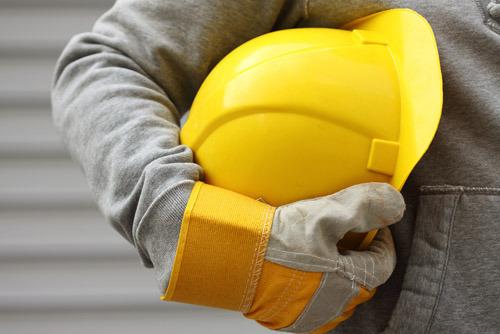
- Don’t climb up a scaffold hastily to take something that you have left behind. You may not know when something could fall from above or you could slide on a drenched patch. It’s certainly not worth taking the risk.
Overloading
- Do respect scaffold’s load capacity. To handle a particular maximum amount, the structure needs to be adequately tough. Just permit the maximum allowable amount of workers and materials on a scaffold and never more than that. This is perhaps one of the major avoidable reasons for scaffold accidents.
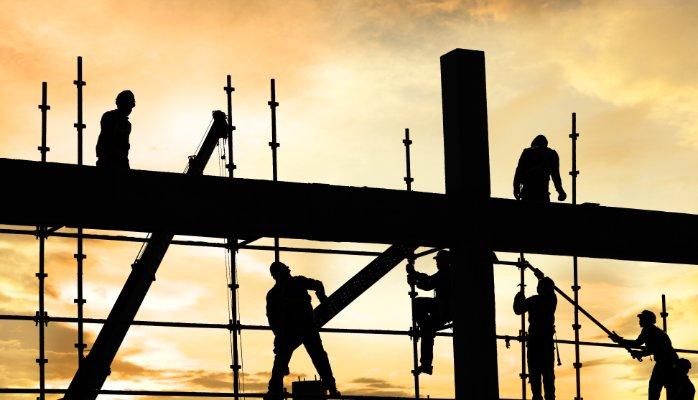
- Don’t rest anything on the scaffold and never overload a scaffold as this would add to the loaded requisite. You may probably think that a few extra kilogrammes would not make a difference; however, you’d be stunned to know that it’s often the difference between safety and an avoidable accident.
You are bound to talk to your supervisor and voice your concerns in case you’re not comfortable with the scaffold structure or anything relating to your safety. However, never ever go up a scaffold if you think or know it is risky. By always sticking to the stringent construction site rules and procedures, remain safe and keep your teammates safe.
You’ll get high-quality scaffold systems and accessories no matter whether you’re looking for scaffolding in Sydney, Perth, Melbourne or Brisbane. You may also like to read about scaffolding safety tips shared by Australian government.









